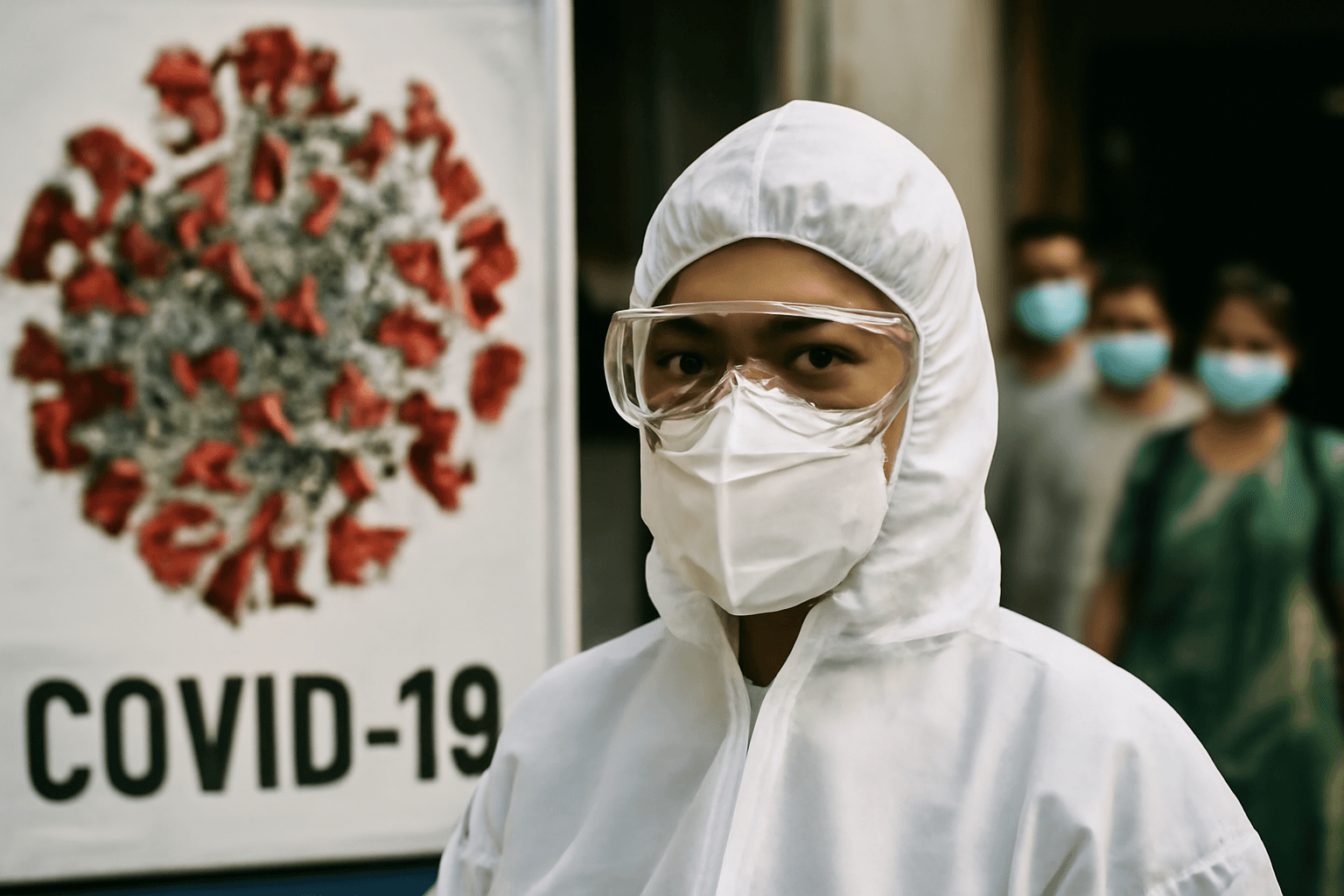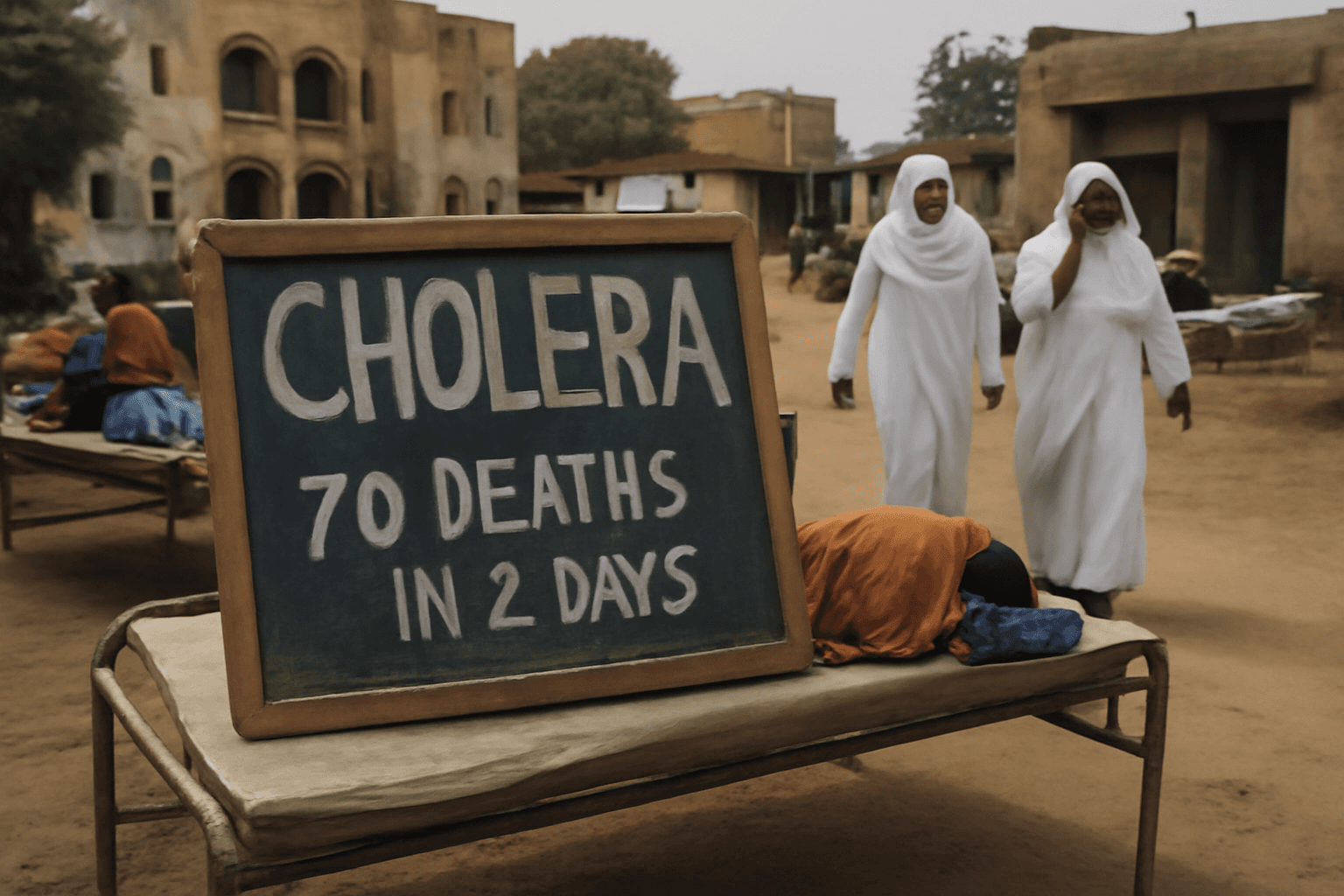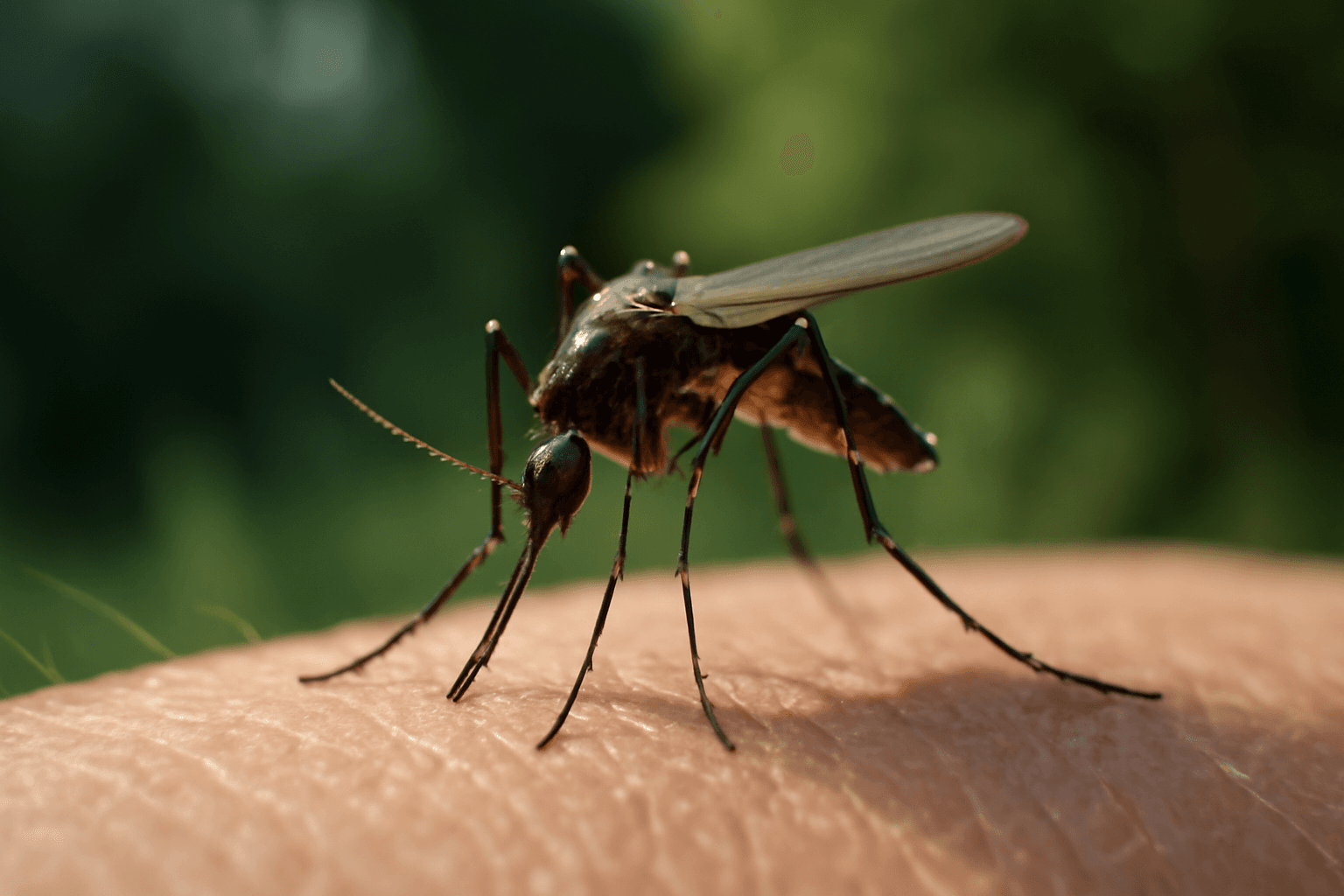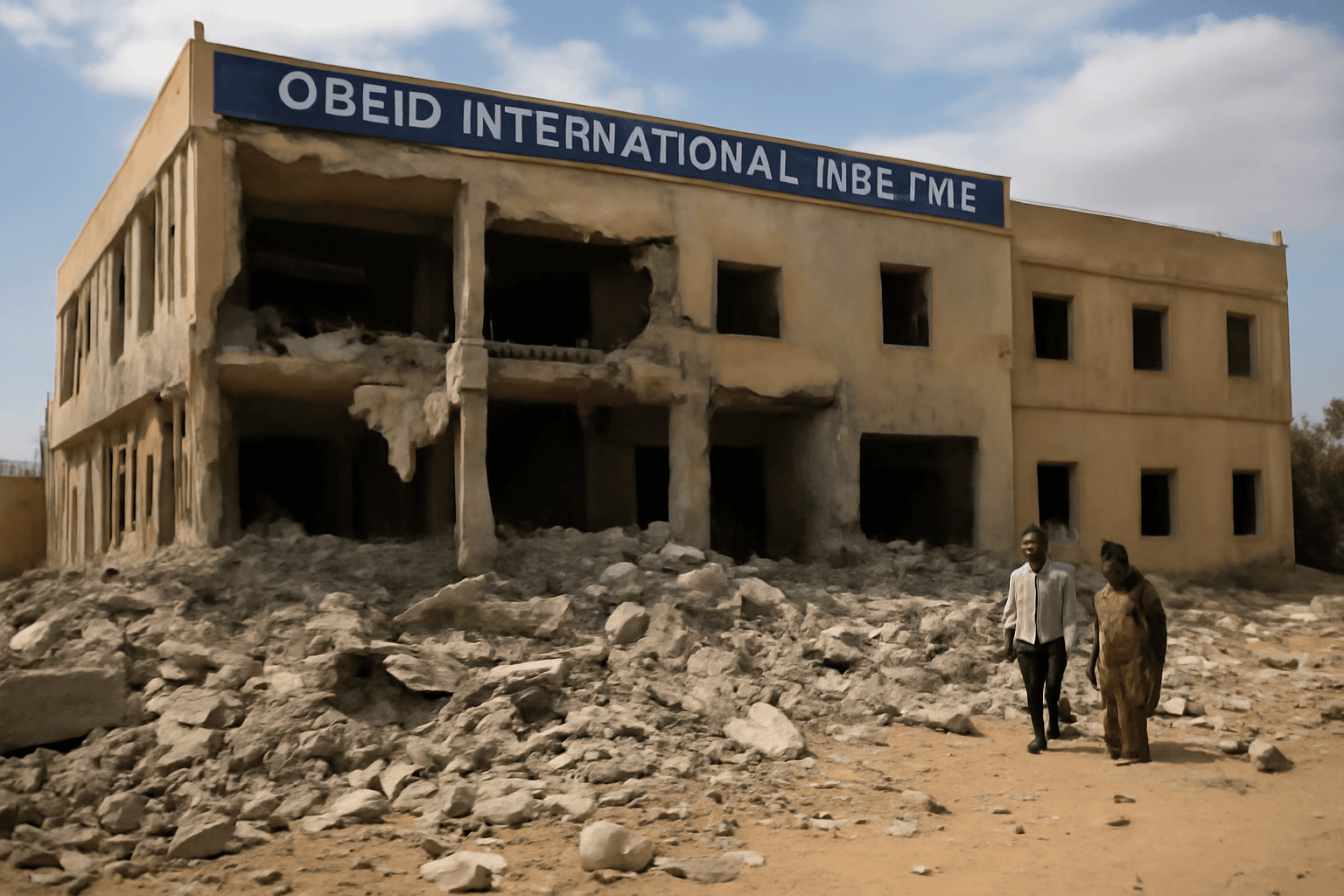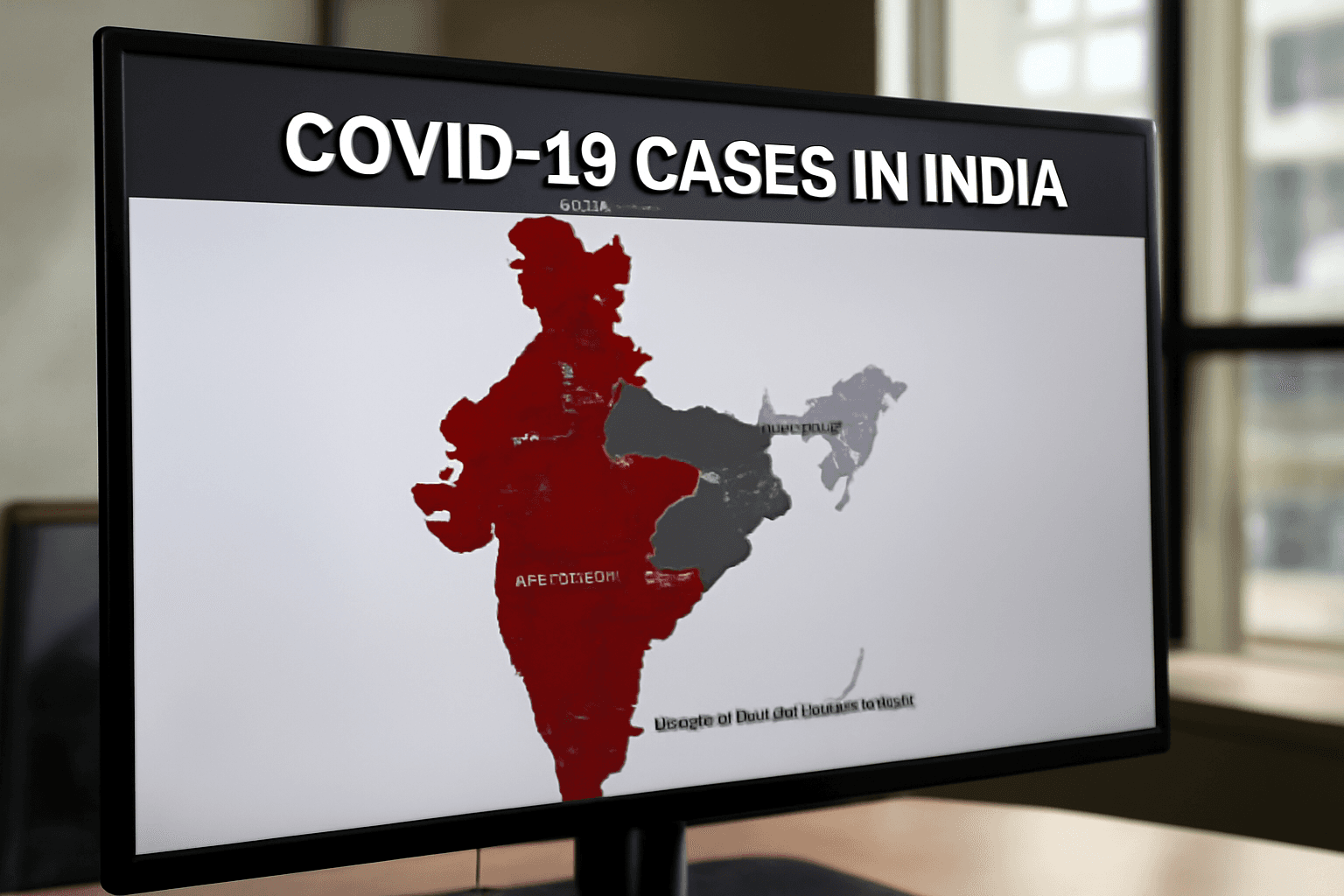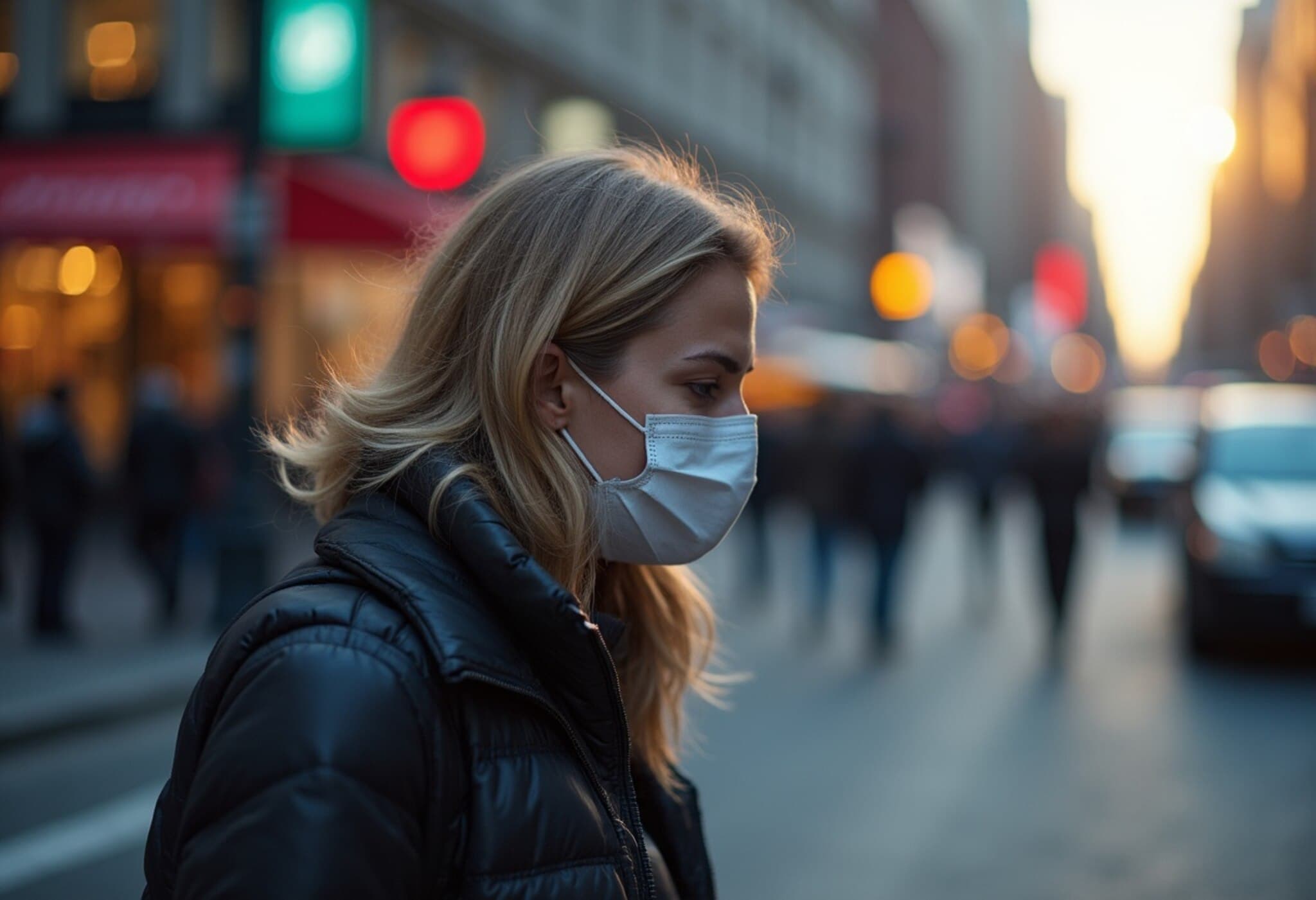A newly identified Covid-19 variant, NB.1.81, known for its rapid transmission and significant impact across Asia, has now been detected in the United States. Federal health officials confirmed cases in multiple states, heightening concerns over its potential to trigger a new wave of infections.
First identified in international travelers arriving in the US between late March and early April, NB.1.81 cases have been reported in California, Washington, Virginia, New York, Ohio, Rhode Island, and Hawaii, according to the Centers for Disease Control and Prevention (CDC). Although current numbers remain relatively low, medical experts caution against underestimating the variant due to its accelerated spread in Asia.
Subhash Verma, a microbiologist from the University of Nevada, noted that NB.1.81 exhibits a growth advantage, indicating increased transmissibility. This variant became the dominant strain in China earlier this year and was linked to a surge in emergency room visits and hospitalizations. Hong Kong reported the highest Covid-19 case counts in over a year, including 81 severe cases and 30 deaths predominantly among individuals aged 65 and above.
In mainland China, the proportion of Covid-related ER visits more than doubled, rising from 7.5% to over 16%, with hospital admissions increasing by more than 6%. Despite these statistics, officials from China and Hong Kong have downplayed the variant's severity, asserting it is not more dangerous than previous strains. However, health experts remain cautious due to the significant increase in hospitalizations observed.
Dr. Amy Edwards, a pediatric infectious disease specialist at Case Western Reserve University, emphasized the importance of vigilance, stating that the rise in hospital admissions should not be overlooked. NB.1.81 has demonstrated global reach, with infected travelers passing through countries such as Japan, South Korea, France, Thailand, Vietnam, and the Netherlands.
Symptoms associated with NB.1.81 mirror typical Covid-19 signs: sore throat, cough, fatigue, and fever. Still, concerns have emerged regarding its capacity to partially evade the immunity provided by existing vaccines. Dr. Edwin Tsui, head of Hong Kong's Centre for Health Protection, warned of early evidence pointing to a potential vaccine mismatch, underscoring the need for caution.
In response, the CDC has adjusted its vaccination recommendations, ceasing blanket guidance for healthy children and pregnant women. Additionally, plans to limit booster shots to high-risk populations, including seniors, have been indicated by authorities.
Experts urge the public and health systems to remain attentive to public health protocols and surveillance as the variant's behavior continues to be monitored. Dr. Edwards pointed out that even if the variant does not cause more severe illness, its enhanced transmissibility could result in increased infections and hospital admissions if preparations are insufficient.


